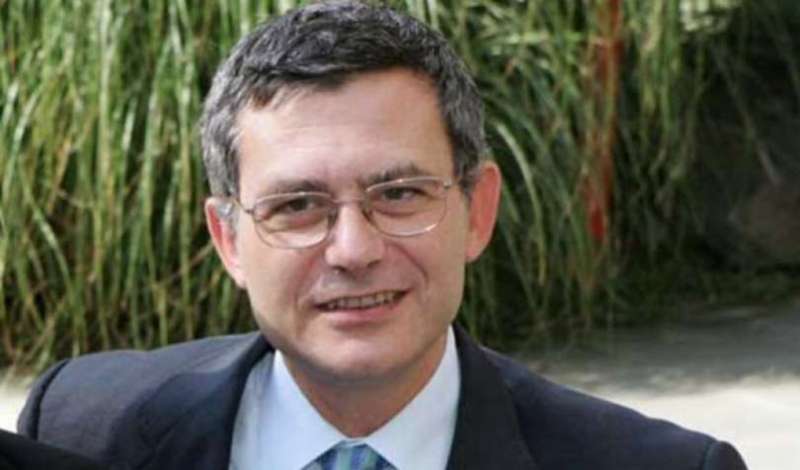After the Vatican's former communications head stepped down in the fallout of a major fake-news scandal, Pope Francis has tapped layman Paolo Ruffini for the job, pulling him from a post with the Italian bishops conference.
Ruffini, born in Palermo in 1956, has until now worked as the director of TV2000, the official television channel for the Italian bishops, and will be responsible for continuing the pope's overhaul of Vatican communications.
He graduated with a law degree from Rome's Sapienza University, and has been a professional journalist since 1979. He has been married for roughly 32 years and has worked for various publications, including “Il Mattino” of Naples; “Il Messaggero” in Rome; the radio and television sections for Italian broadcaster “Rai,” among others.
In addition to his hefty background in radio, print and television communications, Ruffini has also received several prizes for journalism and has participated in study conferences about the role Christians play in information, communications ethics and new media.
The July 5 announcement of Ruffini's appointment comes after the recent decision by Pope Francis to change the Vatican's communications office from a “secretariat” to a “dicastery,” the general word used for the Vatican's various offices and departments, which was seen by some as a downgrade.
Ruffini will take over for Msgr. Lucio Ruiz, who has served as an interim leader for the communications office since March, when the former prefect, Msgr. Dario Vigano, stepped down following what has been dubbed the “Lettergate” scandal.
The fiasco took place after the March launch of the 11-book series “The Theology of Pope Francis,” published by Libreria Editrice Vaticana, the Vatican publishing house overseen by the Vatican's communications department.
A letter from Benedict XVI praising Francis' theological and philosophical formation was read aloud at the event, however, the secretariat later admitted to tampering with an image of the letter that was sent to media, blurring out lines in which Benedict said that he had not read the full series, and did not plan to do so, and therefore was not able to offer an in-depth analysis of the text.
Days later, it was revealed that further paragraphs had been left out in which Benedict questioned the inclusion in the series of a theologian known for his “anti-papal initiatives.”
After receiving pressure from the media, the secretariat published the full letter March 17, which they said was confidential and never intended to be published in its entirety.
Following Vigano’s resignation, Pope Francis named Ruiz, former secretary of the department, as an interim prefect, but asked Vigano to stay on in an advisory role, which he is expected to keep when Ruffini steps in.
In a recent interview with Reuters news agency, Pope Francis said he had initially offered the job as his communications chief to a woman, but she had declined due to previous commitments.

